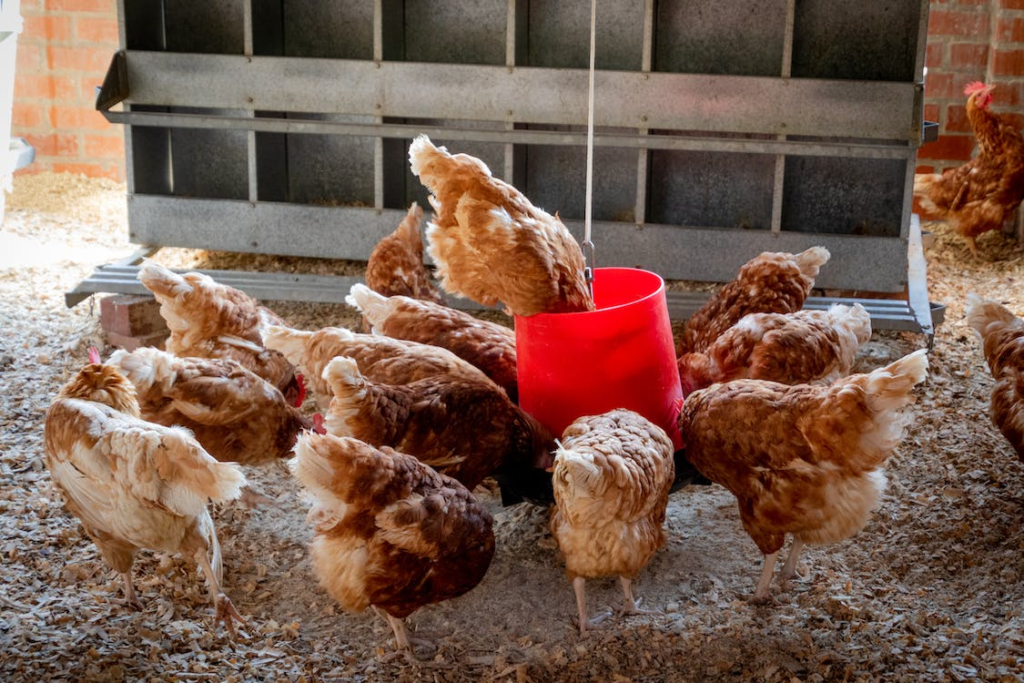Soybean is a popular legume hailing from the Asian region. Over the years, the crop has evolved into an indispensable plant globally for its versatile applications.
An edible seed and vegetable crop hailing from the pea family, soy is an excellent source of critical nutrients such as protein, phytic acid, and vitamin E.
Hence, the rapid adoption of vegetarian and vegan lifestyles encouraged the growing use of soy plants in diets.
It is also a premier crop with extraordinary economic value due to its relevance in several other sectors. From livestock feed to fuels, the crop is currently making its mark in many efficient ways. Let us explore seven global uses of the oil seed here.
Soy Flour For Baking
Soy flour originates from roasted soybeans going through dehulling and grounding to create a fine powder. It is a popular substitute for all-purpose wheat flour, widely used in the baking industry to create a variety of goods, thus influencing increased global soy use.
The flour is a rich source of protein, ranging at about 50%. These levels are high compared to alternatives available in the market. The flour is also high in lysine and lecithin, providing the ideal texture for dough and batter making.
Two major types of soy flour are available – full fat and defatted. While both provide an intense nutty flavor, full fat contains the natural oils from the plant.
Soy flour provides a commercial advantage due to low water absorption and delayed degradation that ensures cost control for professionals and value-added product makers, like in preparing pasta, cereals, and bars.
Soy Milk As Substitute For Dairy

Soy milk is undeniably soaring as the most sought substitute for dairy products. Produced from soaking and grinding soybeans, the milk expresses low fat compared to dairy alternatives like buffalo milk.
It is also popular for individuals with allergies or lactose intolerance to receive the necessary levels of vitamins and fats in a regular diet.
Rich in antioxidants, soy milk helps obtain a variety of popular derivatives like tofu and soy cheese that can contribute to a nutritious meal brimming with healthy fats and protein.
Soybean Oil In Agriculture
One of the best uses of soybean oil in agriculture is its participation in formulating agricultural insecticides. The oil helps create products that can act as efficient pest prevention and control solutions.
The natural oils of the legume help protect plants from several common insects and pests that could immensely affect the harvest.
Additionally, these products are environment friendly and a safer and healthier alternative to include in agriculture practices.
Soybean Oil For Food

One of the largest soy markets is its application as a cooking oil. It is an incredibly versatile oil choice appropriate to support any cooking method, including frying, roasting, and baking.
The high smoking point of the oil ensures repeated usage without causing oxidative stress to the body, unlike many other commercial cooking oils available.
The abundance of polyunsaturated fats makes it an ideal choice to replace existing oils, as it can significantly reduce the risk of developing heart conditions.
The rich concentration of omega fatty acids, even in highly refined oil, provides a spectrum of benefits to the skin, bones, and heart, thus pushing more users to switch to soy oil for everyday cooking.
Soybean Oil For Industrial Products
Soybean oil originating from whole soybeans also has inedible industrial applications. The oil finds its way into the production of mastics and caulks widely useful as sealants and adhesives in high moisture environments.
The limpid oil component in the product provides the perfect flexibility and pliability to act as a competent choice here.
Similarly, the oil is useful in candle and soap-making processes, serving as an efficient and cheap release agent for molds.
It is also a powerful replacement for petroleum resins and plastic mixtures popularly used in the manufacturing industry.
Soy Meal As Animal Feed

Over 70% of the soybean production in the US contributes to animal feed. The reason behind this popularity is that legume is the single most important source of premium and economical protein for farm animals.
Soy meal used as animal feed occurs as a by-product during the processing of the seeds for oil or other derivatives. Depending on the presence of the seed hulls, the meal may express variable levels of protein and crude fiber content.
Since banning bonemeal, soy has become the predominant choice for animal feed, especially in the poultry industry. Many mixes for dogs, birds, and other animals are available worldwide today to offer a nutritious option.
Soy Oil As Biodiesel
Up to 25% of the soybean oil production makes its way into the preparation of biodiesel. The global movement to identify and utilize petroleum substitutes has accelerated the growth of soy-derived diesel in several sectors, including automobile and manufacturing.
Although soy biodiesel does not contain petroleum diesel, it can be easily blended with the latter. This way, existing diesel engines can function with little or no modifications, making biodiesel an incredible choice.
Also, biodiesel is a better lubricant than alternatives and is sustainable as it expresses much lower emissions than petroleum products. It is also more biodegradable and occurs from a renewable source.
Conclusion
Soybean is an essential crop in the global market due to its usage in various sectors. From contributing as livestock feed to biofuel, there is a spectrum of efficient applications for this legume that makes it a critical plant of interest for the world.

Jean Smith is a fitness enthusiast and blogger who focuses on fitness and a healthy lifestyle. She is passionate about assisting people in living healthier lifestyles and is constantly on the lookout for new and creative methods to stay fit and healthy. Her articles are excellent resources for anyone interested in improving their health and fitness.
